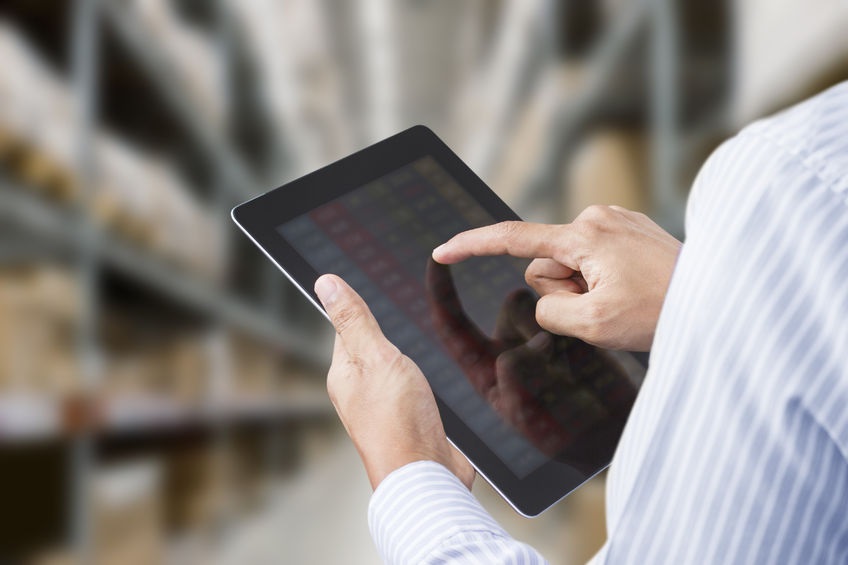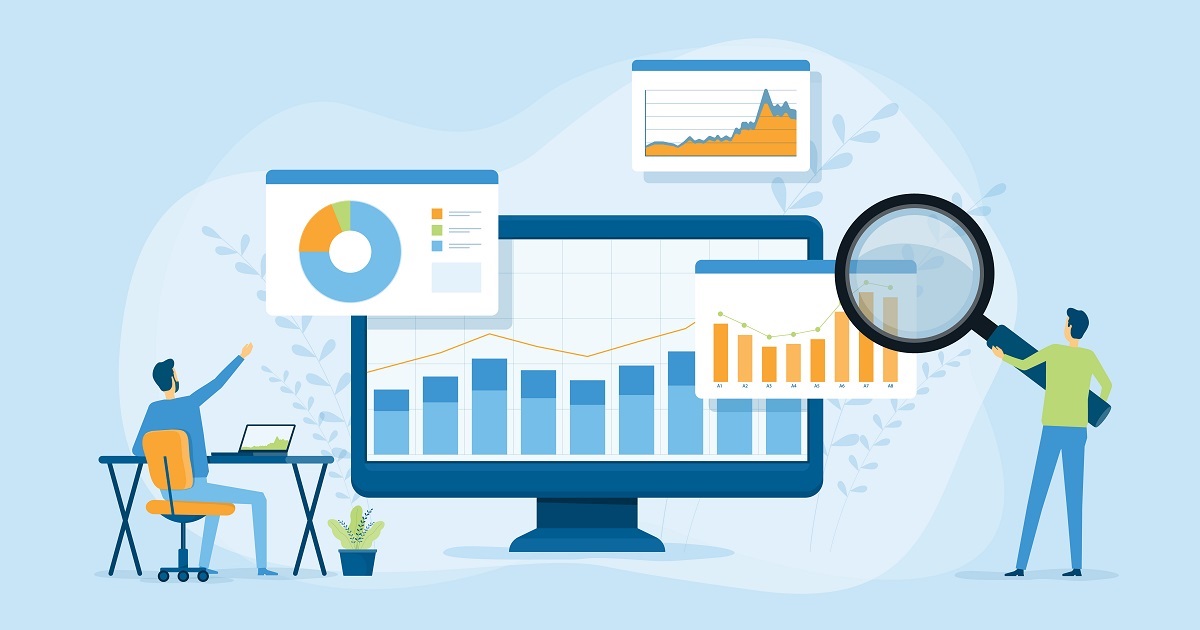The integration of the internet of things (iot) with enterprise resource planning (erp) systems, especially in inventory management, is a paradigm shift in how businesses approach operational efficiency. Iot, with its network of interconnected devices, provides real-time data that erp systems can leverage for enhanced inventory management. This article delves into the transformative impact of iot on erp systems and inventory management, highlighting aspects often overlooked in mainstream discussions.
Revolutionizing inventory tracking and management
Iot devices such as rfid tags and sensors enable real-time tracking of inventory, a significant leap from traditional manual tracking methods. According to a study by zebra technologies, 62% of retail companies have improved inventory accuracy and customer satisfaction by implementing iot. This real-time tracking enables businesses to respond swiftly to inventory changes, reducing instances of overstocking or stockouts.
Enhanced data accuracy and decision making
Iot devices provide a level of data accuracy that manual processes can hardly match. They collect and relay precise data on inventory levels, location, and conditions (like temperature or humidity), directly to the erp system. This influx of accurate, real-time data enhances decision-making capabilities. A report by pwc indicated that 83% of companies improved their decision-making process by integrating iot with their erp systems.
Predictive maintenance and inventory optimization
Iot in erp systems enables predictive maintenance of inventory. Sensors can predict equipment failures or maintenance needs, preventing downtime in inventory management. Furthermore, iot aids in inventory optimization by analyzing usage patterns and predicting future demand, thus allowing businesses to maintain optimal stock levels.
Streamlining the supply chain
Iot provides unprecedented visibility into the supply chain, offering real-time insights from manufacturing to delivery. This visibility is crucial for businesses to respond dynamically to supply chain disruptions. According to a survey by inmarsat, 74% of businesses expect iot to improve their supply chain processes.
Challenges in iot and erp integration
While the benefits are clear, integrating iot with erp systems poses challenges, such as data privacy concerns, the complexity of managing massive data volumes, and ensuring seamless communication between various iot devices and the erp system.
Iot in inventory management: a case of sustainability
An often-overlooked aspect of iot in inventory management is its contribution to sustainability. By optimizing inventory levels, businesses can reduce waste and energy consumption, contributing to eco-friendly operational practices.
The future of iot and erp
Looking ahead, iot’s role in erp and inventory management is set to become more sophisticated. Advancements in ai and machine learning are expected to further enhance the predictive capabilities of erp systems, leading to even more efficient and intelligent inventory management.
Conclusion
The integration of iot with erp systems, particularly in inventory management, marks a significant advancement in operational efficiency and data-driven decision-making. The real-time tracking and analysis capabilities it provides are invaluable in optimizing inventory levels, enhancing the supply chain, and contributing to sustainable business practices. As technology evolves, the convergence of iot and erp systems will continue to offer innovative solutions to complex inventory and supply chain challenges. Businesses that embrace this integration are well-positioned to gain a competitive edge in the rapidly evolving digital landscape.









Comments